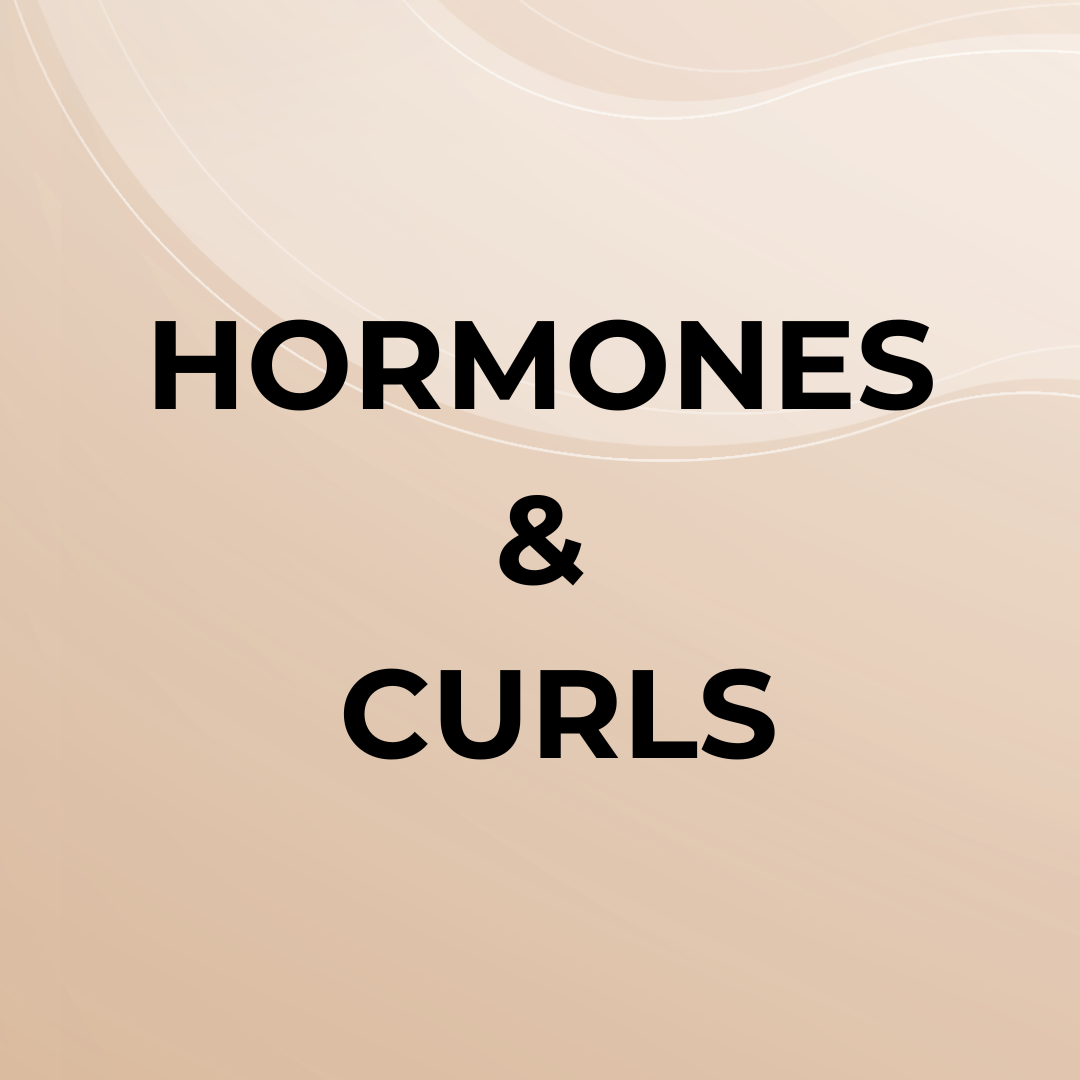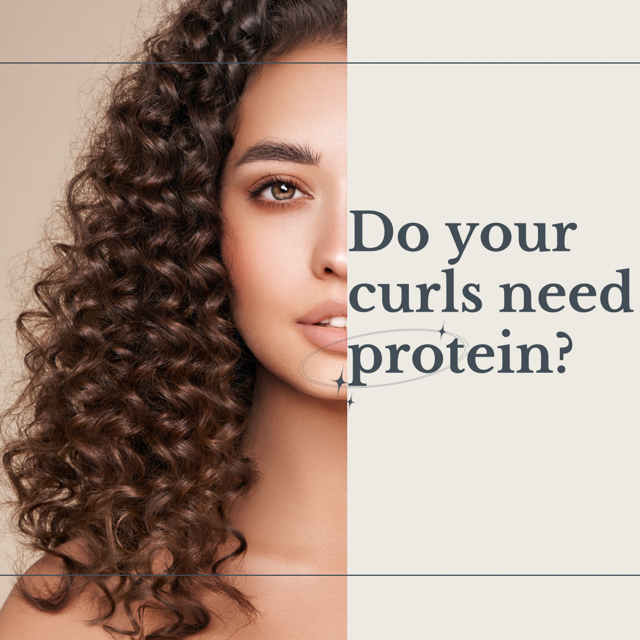
Hormones & Curls
Yes, hormones can have a significant impact on curly hair. Hormonal changes influence hair texture, growth, and overall health. Here's how hormones affect curly hair:
-
Pregnancy and Postpartum: During pregnancy, increased estrogen levels can make hair appear thicker and shinier. However, after childbirth, estrogen levels drop, leading to postpartum hair shedding, which may change the appearance and texture of curls.
-
Menopause: As estrogen levels decline during menopause, some women may notice that their curls become looser or more frizzy. The hair might also become drier and more brittle.
-
Thyroid Hormones: Thyroid imbalances (both hyperthyroidism and hypothyroidism) can cause hair to thin or change texture. Curly hair may lose its bounce or become more prone to dryness.
-
Stress and Cortisol: High levels of the stress hormone cortisol can lead to hair thinning and changes in curl pattern due to the body's response to stress affecting hair health.
-
Testosterone and Androgens: Elevated levels of testosterone or androgens (in both men and women) can cause hair thinning or changes in texture, often leading to curl loosening or hair becoming straighter.
Maintaining hormonal balance plays an important role in keeping curls healthy and vibrant. If someone experiences noticeable changes in their curl pattern, it may be helpful to discuss hormone levels with a healthcare provider.








